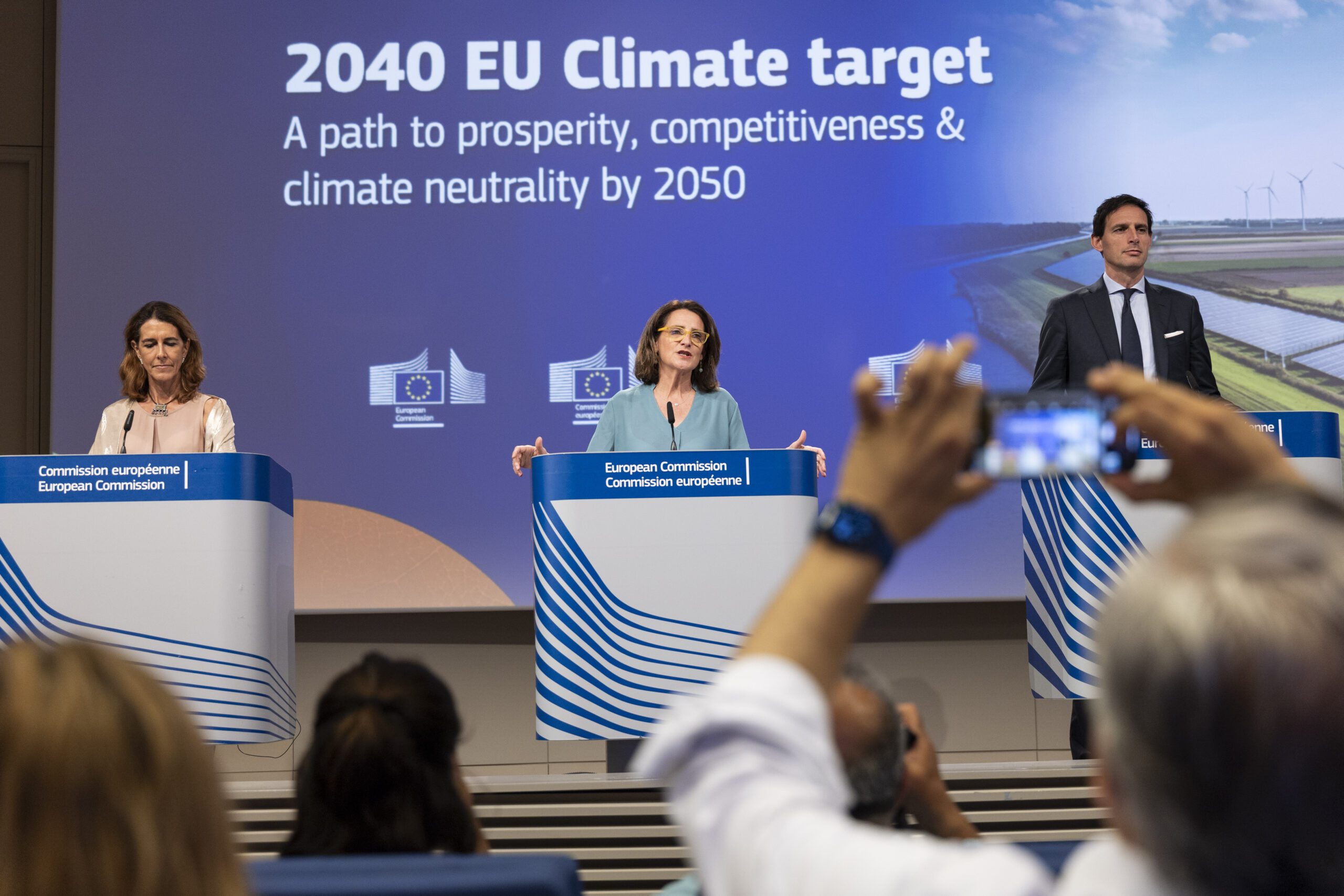Key Takeaways
- Geospatial data is increasingly critical in assessing climate-related risks, influencing investments across various asset classes.
- Private markets play a pivotal role in financing the transition to a low-carbon economy, offering solutions unavailable through public markets.
- AI accelerates climate finance, helping integrate sustainability in decision-making processes across industries.
The Rising Importance of Location-Specific Data
During Climate Week NYC, MSCI hosted a crucial discussion on the low-carbon transition, emphasizing the growing relevance of location-specific data in climate risk assessment. Leaders from capital markets highlighted the “new mantra in assessing climate risk” involves a deeper focus on the granular details of geospatial asset intelligence, which is proving pivotal in sharpening investment decisions and risk assessments.
Transitioning Through Private Capital
The dialogue revealed a significant shift towards private capital in driving the low-carbon economy. “Private capital is financing opportunities for decarbonization and climate solutions that are unavailable in the public markets,” noted one panelist, stressing the unique role of private investments in accelerating environmental initiatives.
AI’s Role in Shaping Climate Finance
AI’s impact on climate finance was another focal point. Panelists discussed how AI technologies are streamlining data processing and enhancing the assessment of carbon projects and emissions across asset classes. Naomi English, MSCI’s head of climate strategy, pointed out, “AI is helping us analyze data for corporate finance and easing our ability to generate and distribute data.”
Change the World - Subscribe Now
Challenges and Opportunities
Despite the optimism, the transition faces geopolitical and policy-induced uncertainties, especially in critical materials and technology sharing between major powers like the U.S. and China. The financial sector’s adaptation to these challenges, through innovative financing models such as impact bonds and targeted investments in private assets, is seen as essential for advancing the global decarbonization agenda.
The Forward Path
Looking ahead, the integration of AI and the strategic use of private capital are expected to continue reshaping the financial landscape in favor of sustainable investments. “The low-carbon transition represents a historic transformation that will impact how we deliver returns,” remarked one investment leader, highlighting the extensive capital movement towards greener assets.
Panelists unanimously recognized the transformative potential of integrating advanced data analytics and private financing into mainstream investment strategies, calling for continued innovation and responsible governance to fully harness these tools in the fight against climate change.
Related Article: Sustainable Funds See 11% Growth in 2023: Key Performers and Insights

 Follow SDG News on LinkedIn
Follow SDG News on LinkedIn











